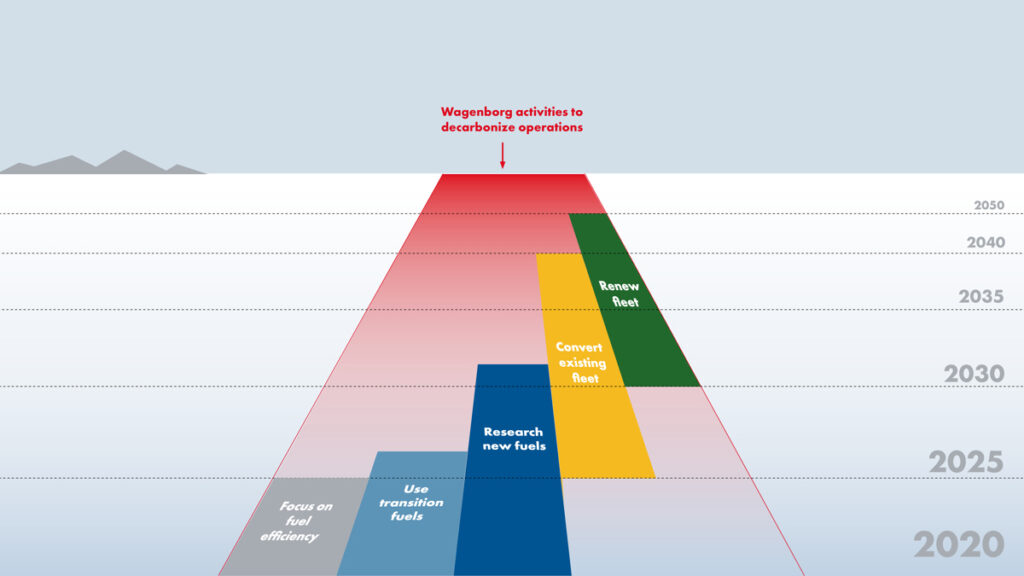Dutch shipowner claims 68% emissions reduction during ship’s voyage using biofuel
Dutch shipowner and operator Royal Wagenborg has revealed that one of its F-class vessels achieved a 68 per cent reduction of greenhouse gas (GHG) emissions while using biofuel during its first Transatlantic voyage.
As disclosed, the vessel’s voyage using co-processed marine fuel demonstrated the ease to switch to this type of drop-in biofuel. The project is part of the firm’s commitment to achieve emissions reduction across the fleet.
Wagenborg claims that its entire fleet of MPP vessels is able to bunker the ISO 8217 compliant co-processed marine fuel, since no investment in onboard equipment is required to use this sustainable drop-in marine fuel.
Specifically, the fuel was produced using ISCC PLUS certified raw materials, such as vegetable oils, used cooking oil, or animal fat. It could reduce GHG emissions up to 80% over the lifecycle, when compared to fossil fuels.

“At Wagenborg we believe in a sustainable marine future and the use of bio-fuels fits perfectly in our sustainability strategy. By following five consecutive steps, we aim to achieve a 40% CO2 reduction by 2030 and even 70% by 2050, compared to base year 2008. So far, our fuel efficiency program and the first use of bio fuels resulted in a CO2 reduction of about 26% compared to the year 2008,” the company said.
Founded in 1898, Royal Wagenborg is an international maritime logistics conglomerate. The firm operates a weekly liner service between the Netherlands, Germany, United Kingdom and Sweden. The company’s RoRo vessels sailing on these routes are equipped with hybrid scrubbers.
Source: World Maritime News
